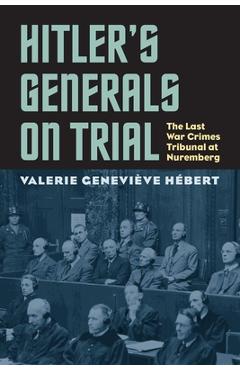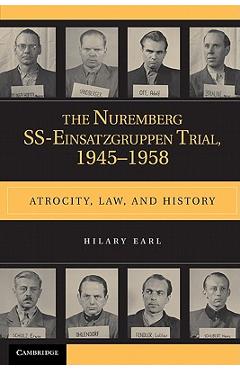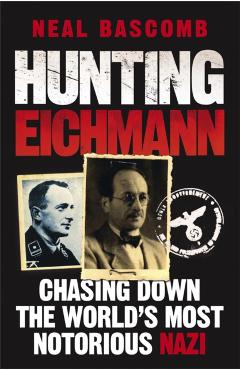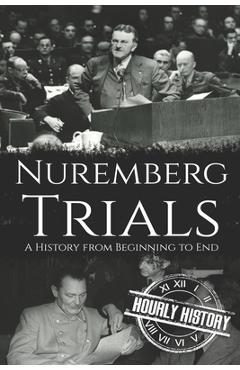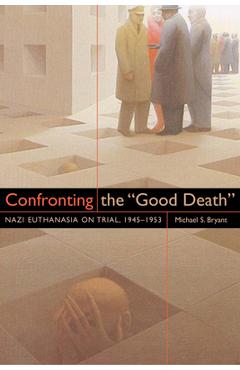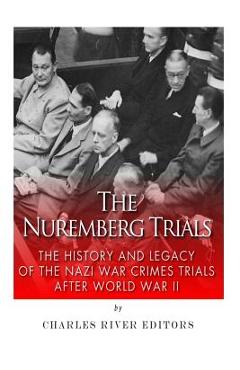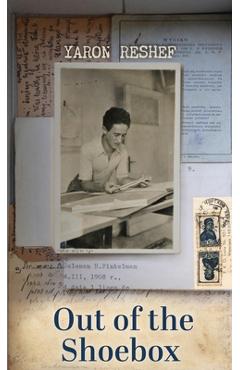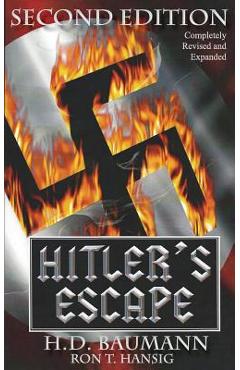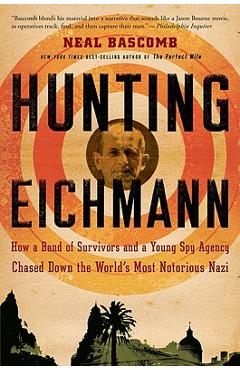The Capture and Trial of Adolf Eichmann: The History of Israel's Abduction and Execution of the Holocaust's Architect
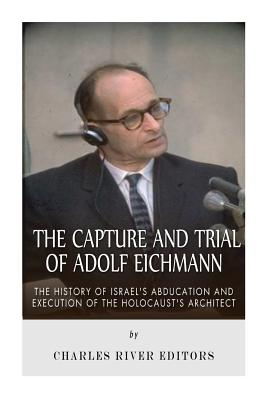
The Capture and Trial of Adolf Eichmann: The History of Israel's Abduction and Execution of the Holocaust's Architect
*Includes pictures *Includes accounts of Eichmann's capture written by some of the Mossad participants *Includes a bibliography for further reading *Includes a table of contents "Long live Germany. Long live Argentina. Long live Austria. These are the three countries with which I have been most connected and which I will not forget. I greet my wife, my family and my friends. I am ready. We'll meet again soon, as is the fate of all men. I die believing in God." - Adolf Eichmann's last words "He would leap laughing into the grave because the feeling that he had five million people on his conscience would be for him a source of extraordinary satisfaction." A subordinate on trial at Nuremberg paraphrased a boast of SS-Obersturmbannfuhrer Otto Adolf Eichmann with these words, summarizing the mood and character of Adolf Hitler's most notorious lieutenant for all posterity. A serial killer in earth-gray uniform and polished jackboots, Eichmann found an unprecedented opportunity for unleashing his homicidal impulses during the Final Solution from 1942-1945 at the height of the Nazi Third Reich's rule in Germany. Historians once portrayed Eichmann mostly as a colorless, unimaginative bureaucrat who carried out the Holocaust simply because he lacked the imagination to reject the crime. Essentially "banal," this version of Eichmann turned him into a compliant functionary who handled the ghastly matter of collecting, transporting, and murdering millions of people with the same bland methodical means that other administrators applied to supplying the Wehrmacht with bread rations or new boots. However, a closer examination of historical documents by other historians such as Bettina Stangneth led to a recent reevaluation of Eichmann. This perhaps more plausible reconstruction of the man reveals a driven hunter rejoicing in his power over his terrified quarry, an individual at once cruel, melodramatic, energetic, and cunning. Eichmann also used his fearsome reputation to carve out a political niche far more influential than his nominal rank - the equivalent of a lieutenant colonel - ordinarily offered. Even when he was captured and in the midst of his enemies, Eichmann showed a keen enjoyment of mental cat-and-mouse games, attempting to outmaneuver his accusers in a manner highly reminiscent of the slippery transformations utilized by manipulative killers such as Ted Bundy. Of course, Eichmann's story is best known for the way in which the Mossad, Israel's intelligenc
PRP: 79.36 Lei
Acesta este Pretul Recomandat de Producator. Pretul de vanzare al produsului este afisat mai jos.
67.46Lei
67.46Lei
79.36 LeiIndisponibil
Descrierea produsului
*Includes pictures *Includes accounts of Eichmann's capture written by some of the Mossad participants *Includes a bibliography for further reading *Includes a table of contents "Long live Germany. Long live Argentina. Long live Austria. These are the three countries with which I have been most connected and which I will not forget. I greet my wife, my family and my friends. I am ready. We'll meet again soon, as is the fate of all men. I die believing in God." - Adolf Eichmann's last words "He would leap laughing into the grave because the feeling that he had five million people on his conscience would be for him a source of extraordinary satisfaction." A subordinate on trial at Nuremberg paraphrased a boast of SS-Obersturmbannfuhrer Otto Adolf Eichmann with these words, summarizing the mood and character of Adolf Hitler's most notorious lieutenant for all posterity. A serial killer in earth-gray uniform and polished jackboots, Eichmann found an unprecedented opportunity for unleashing his homicidal impulses during the Final Solution from 1942-1945 at the height of the Nazi Third Reich's rule in Germany. Historians once portrayed Eichmann mostly as a colorless, unimaginative bureaucrat who carried out the Holocaust simply because he lacked the imagination to reject the crime. Essentially "banal," this version of Eichmann turned him into a compliant functionary who handled the ghastly matter of collecting, transporting, and murdering millions of people with the same bland methodical means that other administrators applied to supplying the Wehrmacht with bread rations or new boots. However, a closer examination of historical documents by other historians such as Bettina Stangneth led to a recent reevaluation of Eichmann. This perhaps more plausible reconstruction of the man reveals a driven hunter rejoicing in his power over his terrified quarry, an individual at once cruel, melodramatic, energetic, and cunning. Eichmann also used his fearsome reputation to carve out a political niche far more influential than his nominal rank - the equivalent of a lieutenant colonel - ordinarily offered. Even when he was captured and in the midst of his enemies, Eichmann showed a keen enjoyment of mental cat-and-mouse games, attempting to outmaneuver his accusers in a manner highly reminiscent of the slippery transformations utilized by manipulative killers such as Ted Bundy. Of course, Eichmann's story is best known for the way in which the Mossad, Israel's intelligenc
Detaliile produsului













